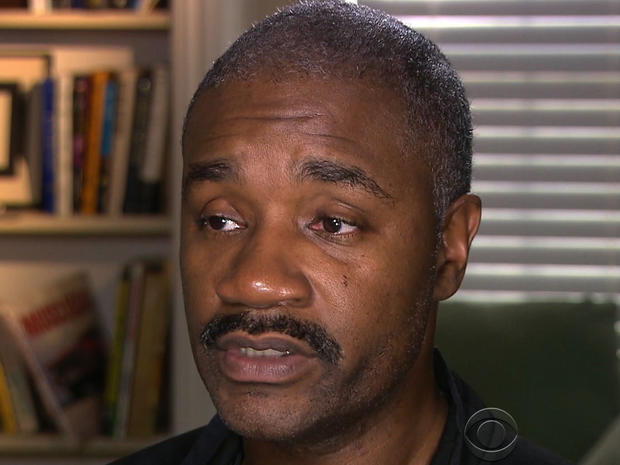Judge gives Detroit green light on bankruptcy
DETROIT - The way was cleared today for largest public bankruptcy in the history of the United States.
A federal judge said the "once proud and prosperous city" of Detroit "can’t pay its debts" – much of it owed to city workers and retirees.
The judge approved a plan that will, among other things, allow Detroit to reduce their pensions, something they – and municipal workers all over America – once thought could never and would never happen.
Federal Judge Stephen Rhodes agreed that bankruptcy is the only way out for a city that can no longer serve its people or pay off its debts, estimated at $18 billion.
Detroit's current situation is so bad, though, that the sacrifice involved in a financial restructuring this big will hurt – a lot.
Dave Bing is Detroit’s mayor.
"There’s going to be pain that goes around and we've got to figure out how to mediate the least amount of pain for any one individual," he said.
David Allen was a Detroit firefighter for 20 years before a roof collapsed on him during a blaze last year and left him disabled. He receives $3,2000 a month from the city --- for now.
That would leave Allen with about 400 bucks a month. And he is one of about 23,500 city retirees.
"I feel betrayed," said Allen. "I feel short-changed. I feel angry."
But to do nothing would worse a situation in a city where there is little money, even for the basics.
The short-handed police take 58 minutes on average to respond to a call for help here. The national average is 11 minutes.
There were 15,200 violent crimes last year, but fewer than two out of 10 were solved.
At any one time, a third of the city’s 36 ambulances are not working, and 40 percent of the street lamps are out.
Kevyn Orr was appointed by the governor as Detroit’s emergency manager, and it's his job to come up with a financial plan to get Detroit out of bankruptcy and back on its feet.
"We're going to try
to do this in a very measured and thoughtful way, but it has to be done," Orr
said.

